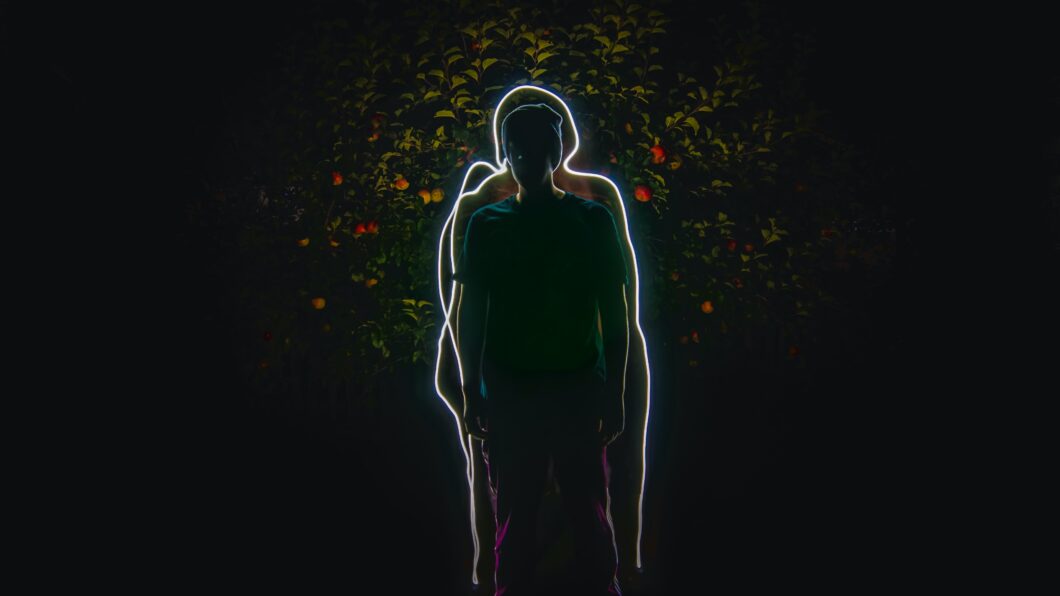In a dream, Moses confesses
to me that “Everything God says
is a lie,” to which God responds
through a porthole of light
in the clouds, “What he says is true.”
The paradox thrashes like a flightless
bird in my mouth.
All I can say is there is a lesson
to be learned from my dog still quivering
with sleep on the kitchen floor—
He does not question the color
of sunset or perennial ryegrass,
nor does he ask himself whether
he loves me or not.
In his dialogues, Plato writes
that even Socrates, while waiting
for his death, ceased his questioning
to compose hymns for Apollo,
revel in poetry, put Aesop into verse.
Why can’t we, like he, not fearing
bitterness of hemlock on the tongue,
the echo of oblivion in a newborn’s
eye, trust in the singularity of what is?
For I am certain that if the unidentified
aerial phenomenon spotted off the Atlantic
coast was to become the hummingbird
maneuvering between columbines
in my mother-in-law’s garden,
we’d question its threat to national
security now that it has a soul.
Nothing living is exempt from a mixture
of madness—not earthworm stranded
on the sidewalk, not elephant in
paroxysm of grief for its dead calf,
not firefly feeling itself become obsolete.
And how many gardens have I laid in,
the cool of earth on my back, asking
“Oh, why the acres and acres of blue,
and will I ever have as much sky?”
Photo by Lukas Eggers on Unsplash

